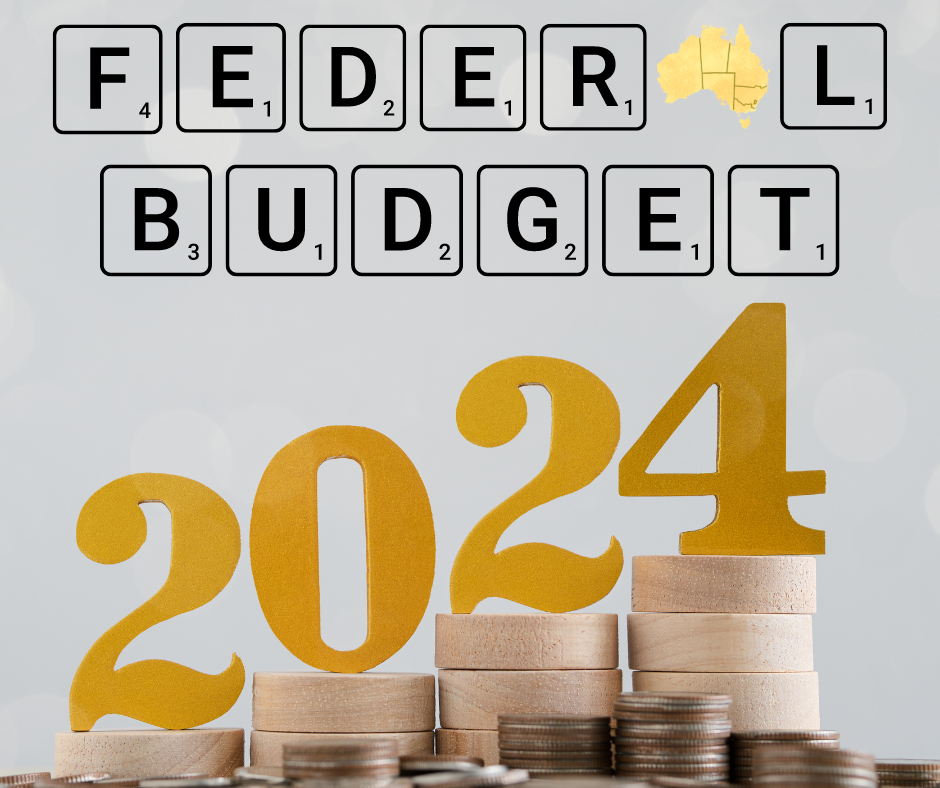A business budget will help with your financial decision making

Budgeting is about estimating your revenues, projecting your expenses and detailing the allocation of funds, so you stick to (and don’t overrun) your agreed budget ceiling.
How does budgeting affect your business?
Having a clear, agreed budget gives you a structured framework for your financial decision-making. It’s a practical way to control your costs, monitor performance and adapt your strategic and financial decisions to meet changing economic conditions.
Using budgeting helps your business in a number of ways:
- Better control over your finances – budgeting gives you a clear roadmap for managing your company’s finances. Sticking to that budget helps you maintain control over expenses, reduce wastage and make the very best of your resources.
- Achieving your financial and strategic goals – your budget helps you to set and track financial goals, making it easier to align your business strategies with your desired goals and outcomes. It’s a great way to boost growth, profitability and debt reduction.
- Improved control over your cashflow – effective budgeting helps you anticipate any cashflow fluctuations. That’s a bonus that helps you plan for both lean and prosperous periods, making sure you have the funds to cover expenses and seize opportunities.
- Allocating your resources – budgets are useful for guiding how and where you allocate your resources. From your one pot of cash, you can decide whether to prioritize investments, marketing efforts, operational improvements or business growth.
- Keep track of your performance – comparing your actual financial results to your budgeted results helps you quickly assess your performance as a business. You can look for variances, make timely adjustments to stay on track toward your goals.
How can our firm help you with budgeting?
Being in control of your expenses, spending and predicted revenues sits at the heart of your financial management, giving you a framework and set budgetary goals to aim for, track against and (hopefully) achieve.
As your adviser, we’ll help you set up budgets for your strategic business plans, with clear tracking and reporting to keep you on the ball and meeting those targets.
Get in touch to chat about budgeting.


